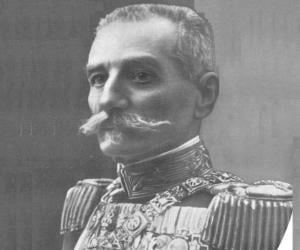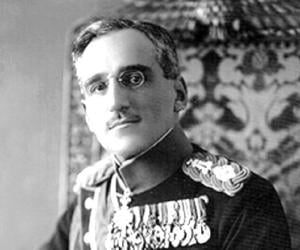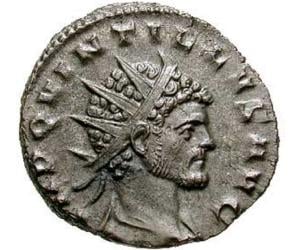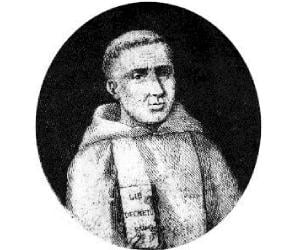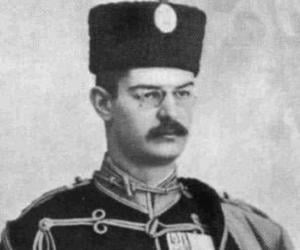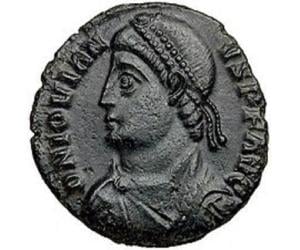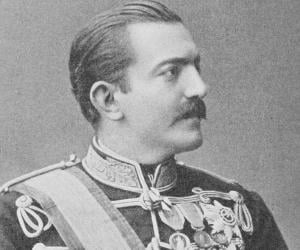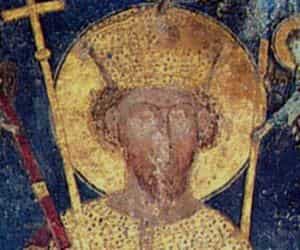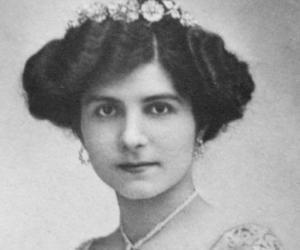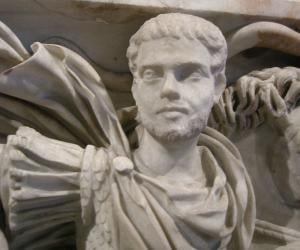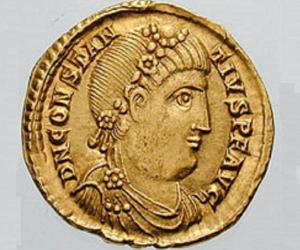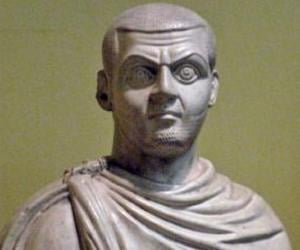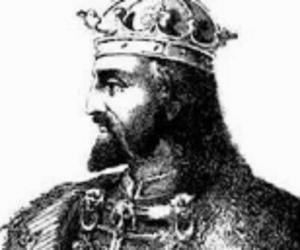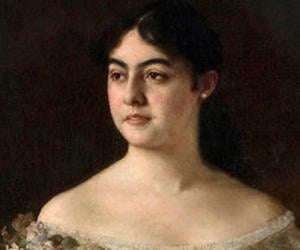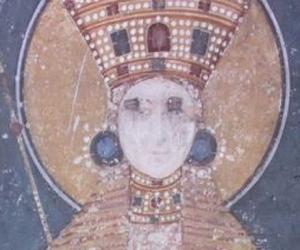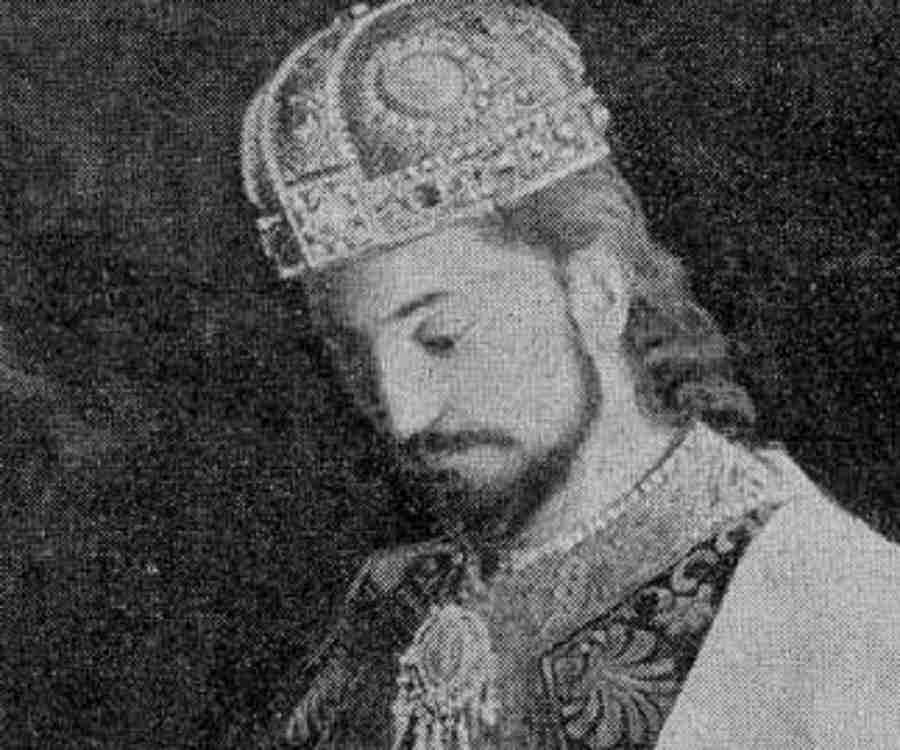1
Peter II of Yugoslavia
(Last King of Yugoslavia)

16
3
Birthdate: September 6, 1923
Sun Sign: Virgo
Birthplace: Belgrade, Serbia
Died: November 3, 1970
Peter II Karađorđević was the last king of Yugoslavia, reigning from October 1934 until his deposition in November 1945. After a regency was set up, he was declared of age and a government-in-exile was established in London. He married Princess Alexandra of Greece and Denmark in 1944 and had a son named Alexander. Following his formal deposition in 1945, Peter settled in the United States. He passed away in 1970 due to cirrhosis, and his remains were later transferred to the Royal Mausoleum of Oplenac.
